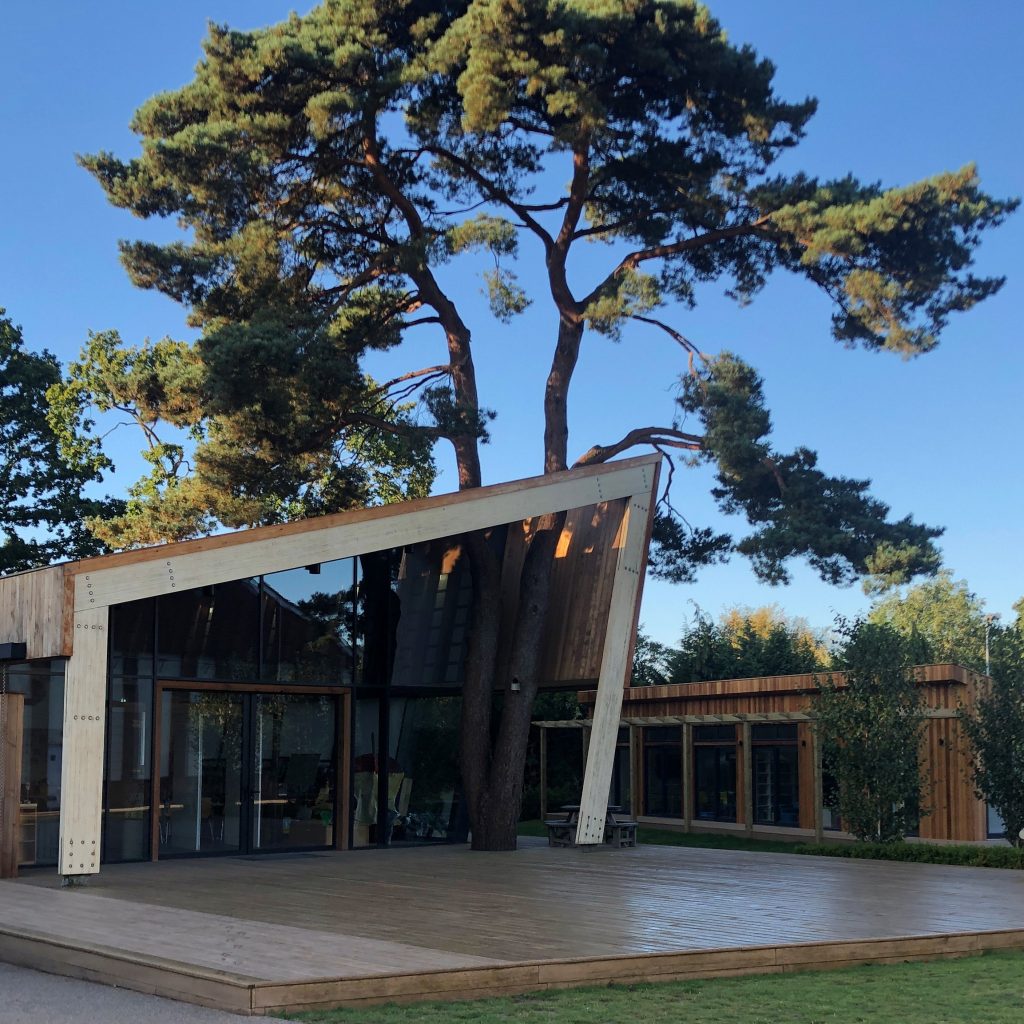Specialist teaching and cross curricular activities:
At Little Amesbury, our teaching goes beyond the EYFS building and grounds. The children are taught by specialist teachers around the Amesbury campus, enabling children to become confident with different adults and classrooms. The pre-nursery children have lessons in art and music. The nursery and reception children have art, music, French, dance and PE.
We run a very successful cross curricular programme where children can partake in ballet, modern, tennis and football clubs. We encourage children to find their passion developing confidence, skills, interests and team work.
Little Amesbury follows the curriculum as outlined in the 2021 statutory framework for the EYFS.
Our Early Years Foundation Stage curriculum is carefully structured so the children are given the opportunity to engage in activities planned by adults and those initiated by themselves, independently accessing both indoor and outdoor classrooms. The teaching team plan, observe, instruct and respond to the children, informed by the knowledge of how children learn. We offer planned, purposeful, exciting activities with adults working closely with the children. Creative continuous activities are set up around the classrooms to engage children in the learning process and encourage them to be independent learners.
At Little Amesbury the children enjoy an exciting, rich and stimulating curriculum that follows the areas of learning identified in the Early Years Foundation Stage Guidance and leads to the development of competency and skills.
The curriculum is taught with the main aim of achieving the Early Learning Goals in the three prime areas:
• Personal, social and emotional development.
• Physical development.
• Communication and language.
and four specific areas:
• Literacy.
• Mathematics.
• Understanding the world.
• Expressive arts and design.
The curriculum of the foundation stage underpins all future learning in school. The school has pupils below compulsory school age, a programme of activities which is appropriate to their educational needs in relation to the 7 areas are taught. The school ensures that the key outcomes of ‘Development Matters’ are considered when planning and delivering the EYFS.
These are:
• The best for every child.
• High-quality care.
• The curriculum: what we want the children to learn.
• Pedagogy: helping children to learn.
• Assessment: checking what children have learnt.
• Self-regulation and executive function.
• Partnership with parents.
